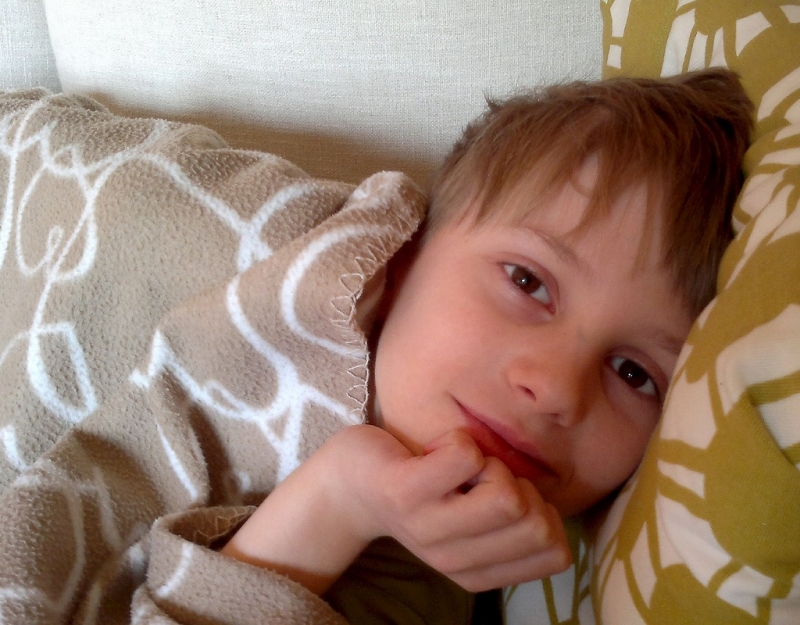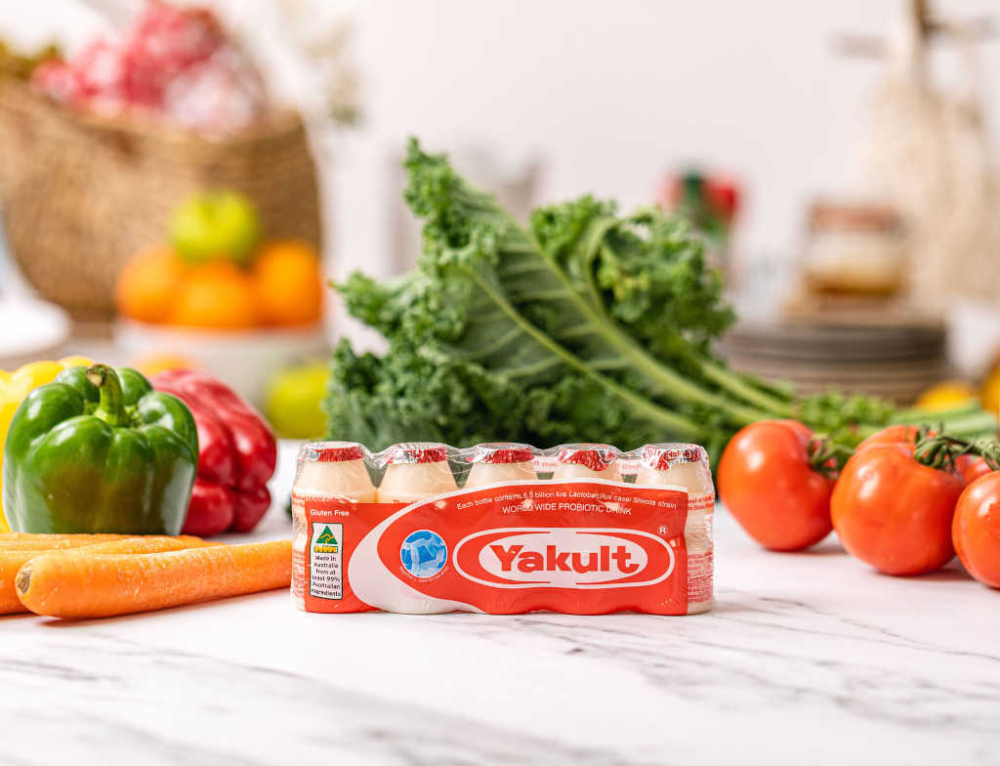If you and your child are struggling with bedwetting, then these ten tips may help you both get through the phase with as little disruption and distress as possible:
- It’s best for everyone if, as parents, you can relax and understand that you cannot simply train it out of your child. Let them lead the way and they’ll stay dry when they’re ready.
- Your child probably has no control over their bedwetting, so be gentle with them. They may not have the hormone that tells their body to make less urine at night, or they haven’t developed the response to wake to a full bladder.
- Keep lines of communication open. Make sure your child (and any older sibling) understands that it’s not their fault and try to help them feel confident about going to bed.
- It can be genetic. If one parent experienced bedwetting as a child then there is a 40% chance a child will too. If both parents experienced it, the chances for a child increase to 75%.
- If your child is daytime toilet trained but is still wetting the bed, offer them absorbent, disposable pyjama pants like HUGGIES® DRYNITES® Pyjama Pants. They will give your child more confidence, minimise washing and help you all get more sleep.
- Offer support in lots of little ways. Help your child with a lighted path to the bathroom, and keep fresh PJs and sheets nearby to minimise disruption if an accident happens. You can also help their bladder development by ensuring good hydration during the day.
- Don’t expect an accident-free future. After being dry for some time, children may still have the occasional setback if there is a change in routine or even something as simple as a bad dream. Don’t fret that you’re back to step 1. Your child has already proven they’re able to do it, and with love and support they will return to dry nights again.
- If your child is nervous about camps, sleep-overs or holidays, you can offer them reassurance by offering to slip a pair of disposable, absorbent pyjama pants into the bottom of their sleeping bag. They can then wriggle into them at night and out of them in the morning, undercover.
- Talk to your GP if your child is over seven and still experiencing regular bedwetting. Clinical Nurse Specialists at your local DHB are also trained to provide support for children and their parents.
- Understand that children are ready to be dry at night at different ages. There is no set pattern, so all you can do is support and encourage your child.
This article was written for Huggies DryNites. For more information visit www.drynites.co.nz







Leave A Comment
You must be logged in to post a comment.